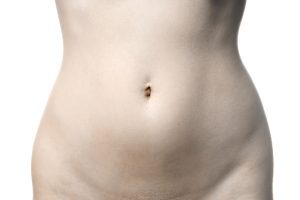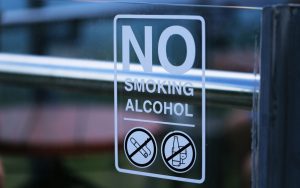Introduction
Plastic surgery is a transformative journey that can enhance your appearance and boost your confidence. However, swelling, or edema, is a common side effect that occurs after plastic surgery procedures. Managing edema effectively is crucial for a smooth and successful recovery. In this article, we’ll explore practical tips and strategies to help reduce edema after plastic surgery, promoting optimal healing and aesthetic outcomes.
What is post surgery edema?
Edema is the body’s natural response to trauma or surgery, characterized by fluid retention and swelling in the affected area. While edema is a normal part of the healing process, excessive swelling can prolong recovery and cause discomfort. Fortunately, there are several steps you can take to alleviate edema and expedite the healing process.

How to reduce edema after plastic surgery?
- Stay Hydrated:
- Drinking an adequate amount of water is essential for flushing out toxins and reducing fluid retention. Aim to drink at least 8-10 glasses of water per day to stay hydrated and promote lymphatic drainage.
- Follow a Balanced Diet:
- Incorporating anti-inflammatory foods into your diet can help reduce swelling and promote healing. Include fruits and vegetables rich in vitamins C and E, such as oranges, strawberries, spinach, and almonds. Foods high in omega-3 fatty acids, such as salmon and flaxseeds, can also help reduce inflammation.
- Limit Sodium Intake:
- High-sodium foods can exacerbate edema by causing the body to retain water. Avoid processed foods, fast food, and excessive salt intake. Instead, opt for fresh, whole foods prepared with minimal added salt.
- Elevate Affected Areas:
- Elevating the surgical site above heart level can help reduce swelling and improve circulation. Use pillows or cushions to elevate the affected area while resting or sleeping.
- Use Cold Compresses:
- Applying cold compresses to the swollen area can help constrict blood vessels and reduce inflammation. Wrap ice packs in a cloth and apply them to the surgical site for 15-20 minutes at a time, several times a day.
- Engage in Light Exercise:
- Gentle, low-impact exercises such as walking or swimming can promote lymphatic drainage and reduce swelling. Consult with your surgeon before resuming exercise to ensure it’s safe for your recovery.

What to avoid after plastic surgery, to reduce edema?
Avoid alcohol and tobacco, as it can impair circulation and delay healing, prolonging edema and increasing the risk of complications.
Avoid it during the recovery period to optimize healing. In addition and in order to achieve the best results, avoid also salty foods, sugary foods, and soda.
Individuals recovering from plastic surgery should also avoid processed foods high in additives and preservatives. These foods can contribute to inflammation and water retention, exacerbating edema and prolonging recovery. It’s advisable to steer clear of foods high in saturated and trans fats, such as fried foods and baked goods, as they can hinder the body’s natural healing processes.
Additionally, caffeine and alcoholic beverages should be limited or avoided, as they can dehydrate the body and impair circulation, leading to increased swelling and discomfort. Opting for whole, nutrient-dense foods and staying hydrated with water are essential for supporting the body’s healing mechanisms and minimizing edema after plastic surgery.

Conclusion
Reducing edema after plastic surgery is essential for a smooth and successful recovery. By following these tips and incorporating healthy lifestyle habits, you can minimize swelling, alleviate discomfort, and promote optimal healing. Remember to consult with your surgeon for personalized advice and guidance throughout your recovery journey. With patience and proper care, you can achieve the desired aesthetic outcomes and enjoy the benefits of your plastic surgery procedure.
Disclaimer: The content on this blog is intended for general informational purposes only. It is not a substitute for professional medical advice, diagnosis, or treatment. Always consult qualified healthcare providers for personalized advice. Information regarding plastic surgery, dental treatment, hair transplant, and other medical procedures is educational and not a guarantee of results. We do not assume liability for actions taken based on blog content. Medical knowledge evolves; verify information and consult professionals. External links do not imply endorsement. By using this blog, you agree to these terms.





